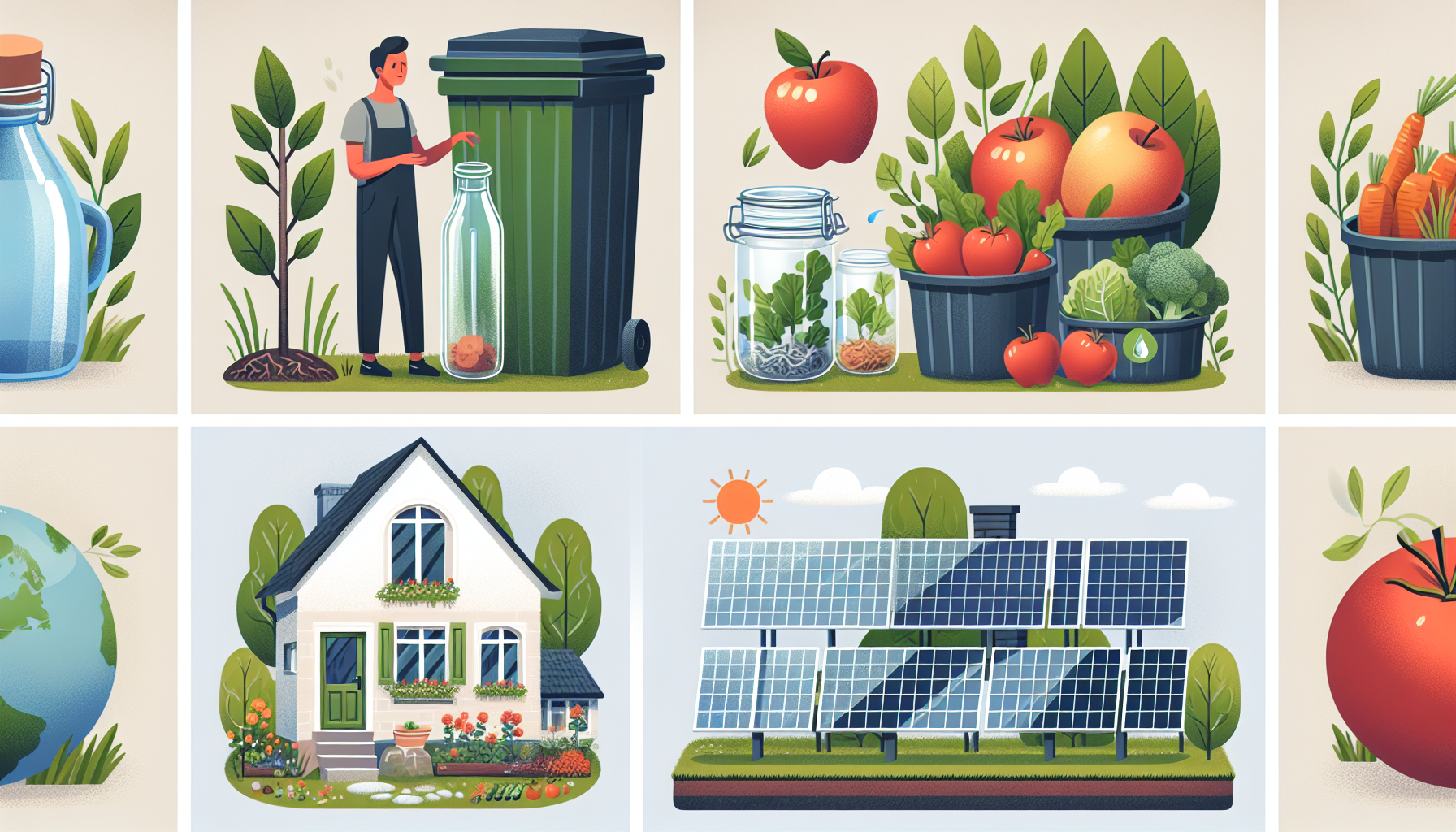In Spain, food waste has reached alarming levels, with 54% of this waste originating in households. Despite government efforts, which have resulted in the implementation of the new Law on the Prevention of Losses and Food Waste, the real battle against this problem is fought within each family. To address this issue, education and changing consumption habits are essential.
Meal planning and more conscious shopping are not only positive for the environment, but can also result in significant cost savings for families. According to recent estimates from the Ministry of Agriculture, a household could reduce its food waste by up to 300 euros per year if appropriate strategies were adopted to mitigate this problem. Therefore, it becomes crucial to start an educational process that involves adults and children, focusing on responsible shopping, proper use of leftovers, and correct food preservation.
There are several practices that families can implement to combat waste. Weekly menu planning is one of the most effective tactics, as it limits impulse purchases and reduces unnecessary accumulation of products at home. It is also recommended to take inventory of the food you already have before going to the supermarket, freeze products nearing their expiration date, and use creative recipes to make use of leftovers. Learning to correctly interpret expiration dates and opting for bulk purchases are other strategies that help reduce waste.
From an economic standpoint, food waste has a considerable impact; every kilogram of food thrown away can mean a cost of between 5 and 7 euros. Therefore, a household that loses between 30 and 40 kilograms of food per year could incur unnecessary expenses exceeding 250 euros. Although regulations governing restaurants and supermarkets have succeeded in reducing their waste rates, the situation in the domestic context remains concerning. Lack of organization and little education in food management are factors that perpetuate the waste of tons of food every day.
In order to combat this phenomenon, education must play a crucial role. Including content on saving and responsible use of food in school programs, organizing community workshops, and developing awareness campaigns emerge as key measures in the fight against this issue. Fostering awareness and education becomes an essential tool to reduce waste and, in turn, improve family finances.
The evidence that a large part of food waste comes from households highlights the urgency of teaching to plan, purchase, and consume responsibly. These actions will not only lead to significant savings, but will also contribute to building a more sustainable future. The solution lies in the daily habits of each household and the personal commitment of everyone to tackle this phenomenon.
via: MiMub in Spanish











